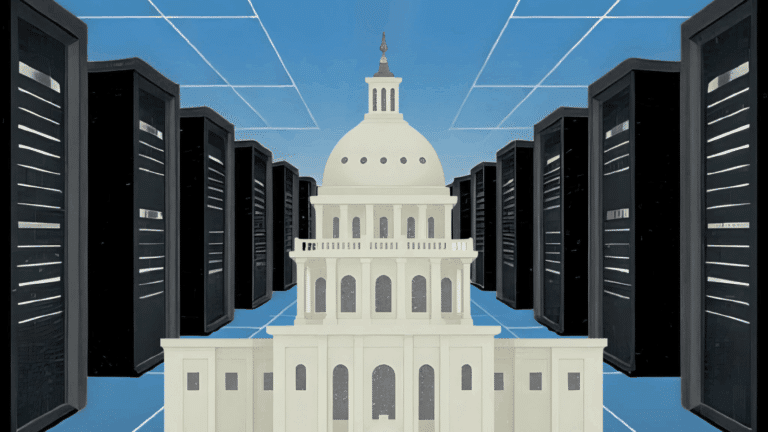This website uses cookies as well as similar tools and technologies to understand visitors’ experiences. By continuing to use this website, you consent to Columbia University’s usage of cookies and similar technologies, in accordance with the Columbia University Website Cookie Notice.
Full report
Khashoggi affair exposes myth of US energy dominance
Op-eds & Essays by Jason Bordoff • October 29, 2018





